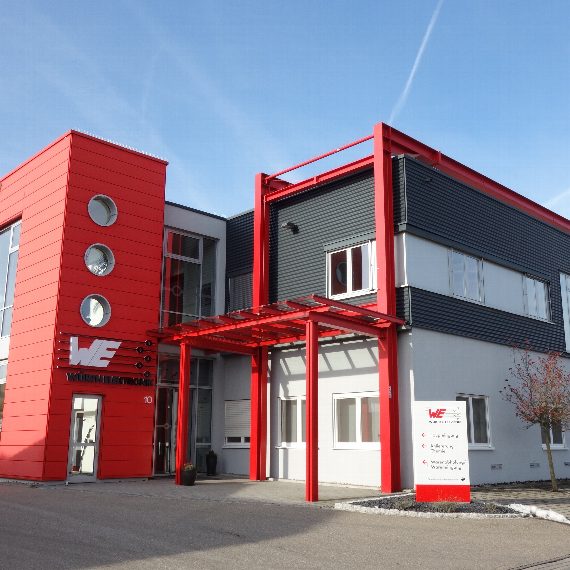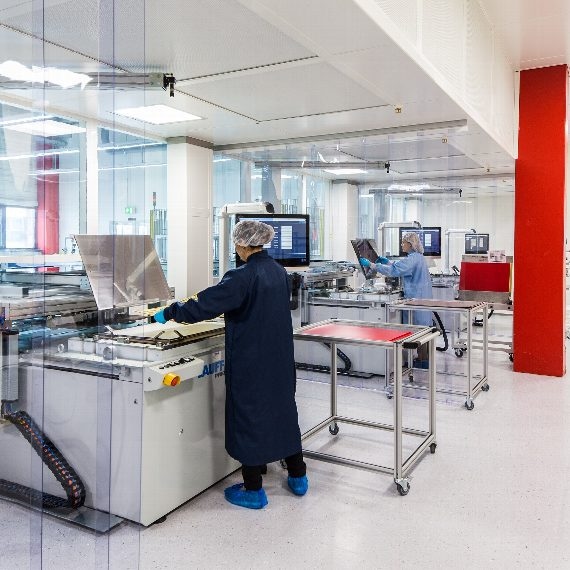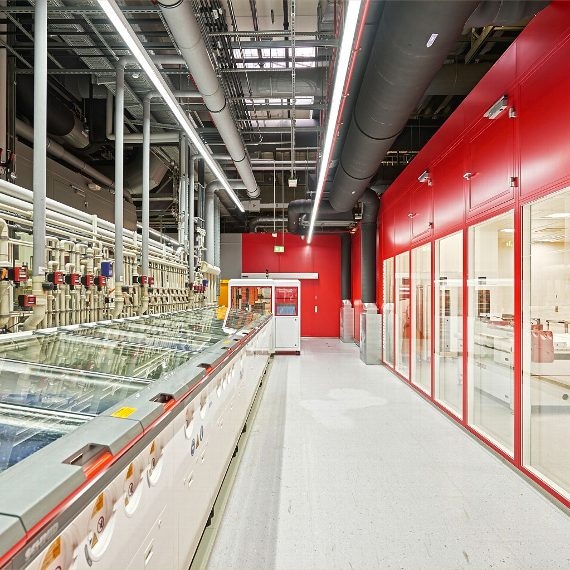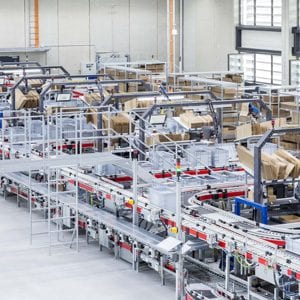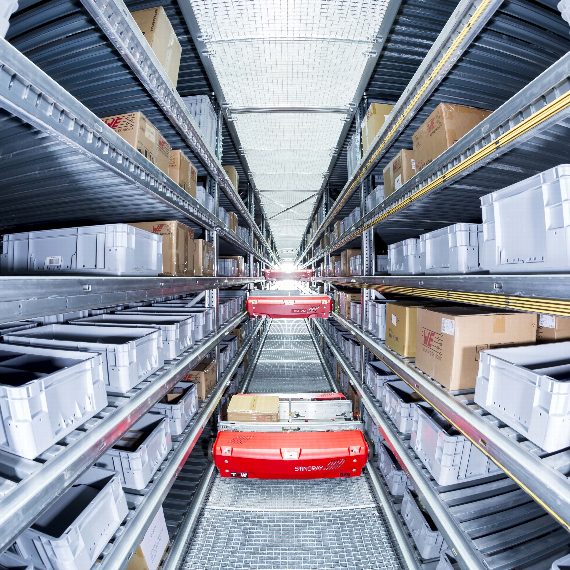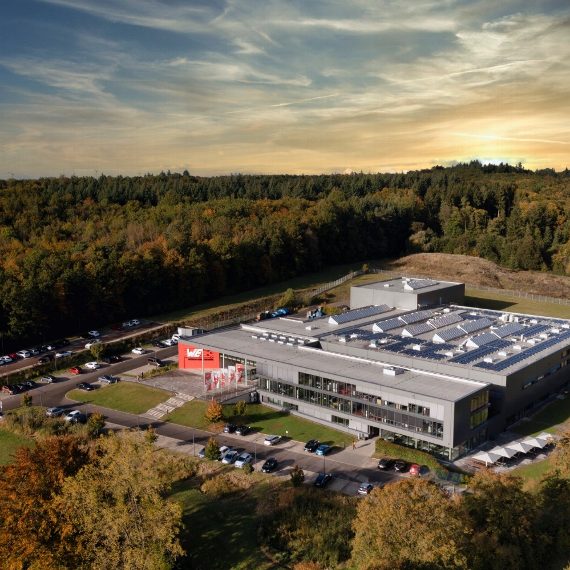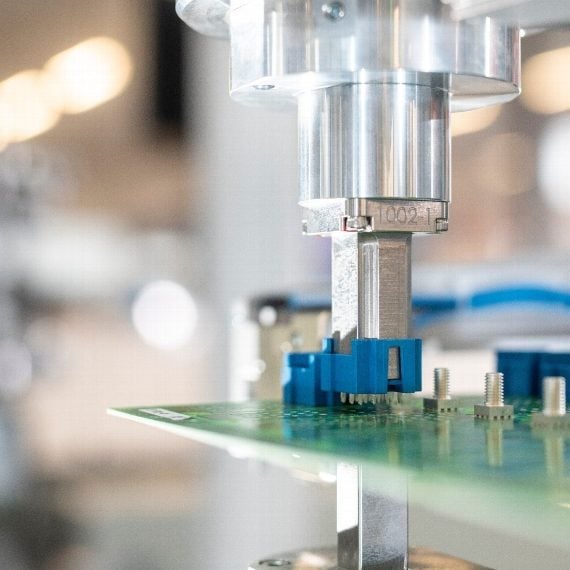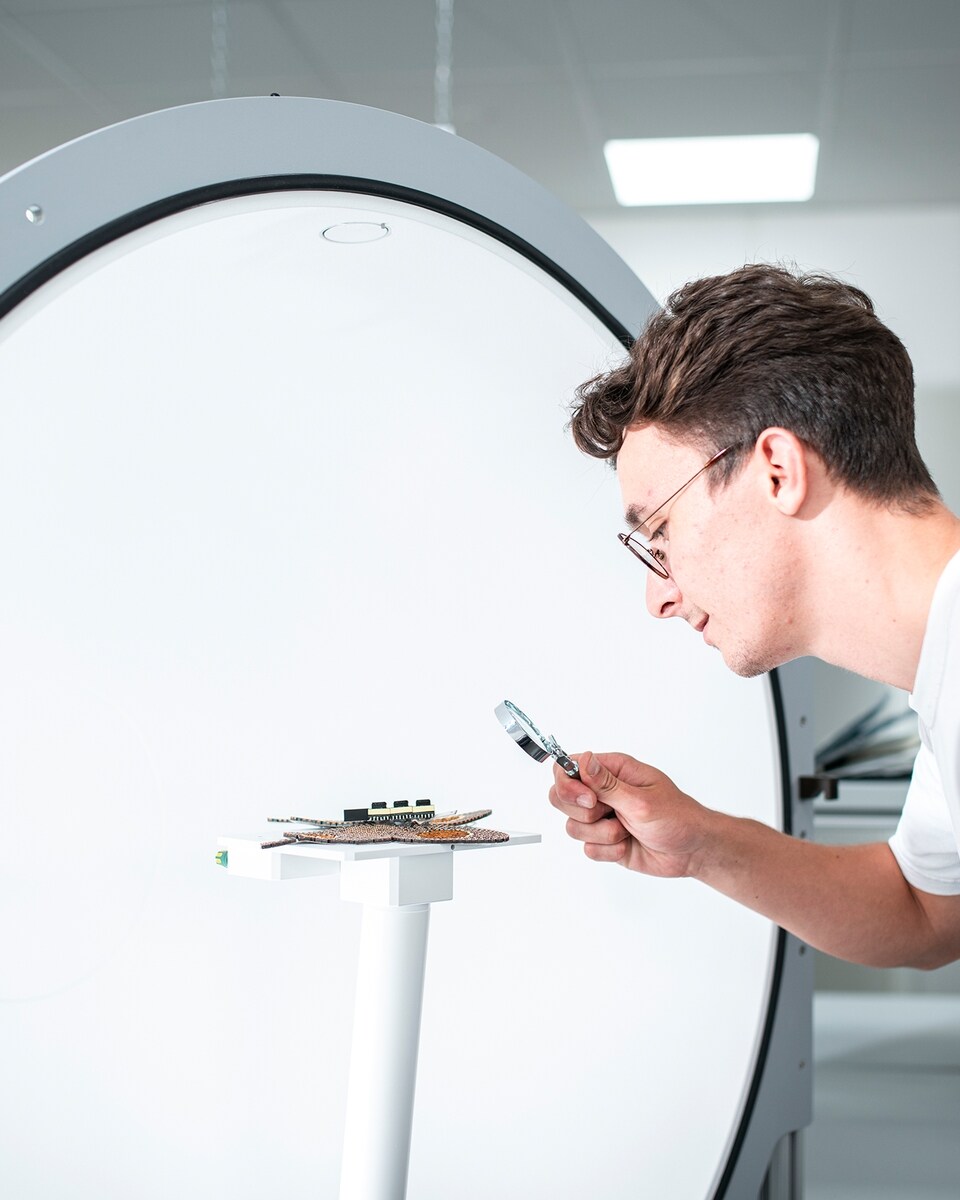

On this page you will find information and images for your journalistic reporting.
If you have any questions, please feel free to contact us personally at any time. Here you find our Press contacts.
Würth Elektronik introduces its coupled inductor for high-performance applications
Würth Elektronik introduces its WE-HCMD (High Current Multiphase Dual) high-current inductor, specially developed for use in TLVR (Trans-Inductor Voltage Regulator) topologies. This coil with MnZn core is characterized by its high permeability and extremely low RDC values. So, it achieves excellent power density and very high efficiency. In the finished device, it excels with its fast transient response and low voltage drop. The new component also reduces application costs and saves space, as it allows for a smaller nominal output capacitor.
When designing power supplies for processors today, developers are confronted with increasingly high and significantly varying load transients – for example, in FPGAs used in AI applications. The innovation in TLVRs in this field calls for a new generation of components that achieve consistent efficiency even at high temperatures. Optimal efficiency is key here and must be ensured even at the highest currents. The selection of materials for the new inductor significantly improves efficiency and allows the potential of the new TLVR topology to be fully exploited.
WE-HCMD is ideal for TLVR applications that are specifically designed for sudden load transients. Areas of application for the coupled inductor include multiphase voltage regulators for CPU motherboards, FPGAs, GPUs, AI chips, servers, or high-power ASIC applications.
Dependable up to 125°C
The WE-HCMD family from Würth Elektronik offers coupled inductors with a coupling factor of up to 0.98 and an inductance range from 70 nH to 200 nH. The saturation current goes up to 190 A at a rated current of 78 A. The internal resistance is just 0.125 mΩ. The inductor is designed for operating temperatures up to 125°C.
Maximum efficiency and inductance stability
Internal measurements show that at the high-temperatures resulting from heavy loads, significantly better stability is achieved than for existing solutions on the market. In direct comparison, the inductor stands out through its superior current-dependent inductance stability as well as higher efficiency.
The family of SMT-mountable high-current inductors for TLVR applications includes four versions in a 0910 package and six in a 1111 package. WE-HCMD is now available from stock without a minimum order quantity. Free samples can be requested.
Do you have any questions, comments or requests regarding our press work?
Würth Elektronik EMV & Inductive Solutions
Sarah Hurst
Phone: +49 7942 945-5186
E-mail: sarah.hurst@we-online.com
Würth Elektronik Circuit Board Technology
Melanie Wöhrle
Phone: +49 7940 946-5932
E-mail: melanie.woehrle@we-online.com
Würth Elektronik Intelligent Power & Control Systems
Sandra Herter
Phone: +49 7940 9810-1503
E-mail: sandra.herter@we-online.com
Here you can download the press information and pictures of the company area
Reference guides, technical reports and other information material
Würth Elektronik blog
Learn more about electrical design, new technologies and current innovations in our blog.


